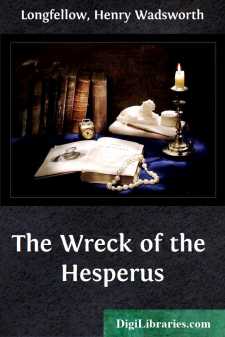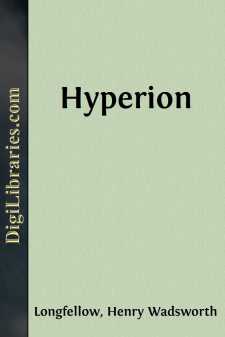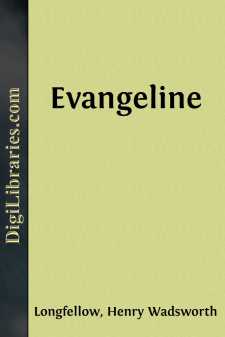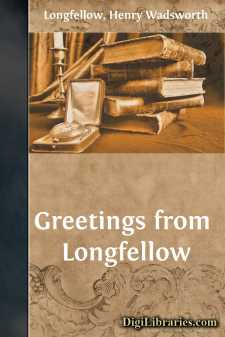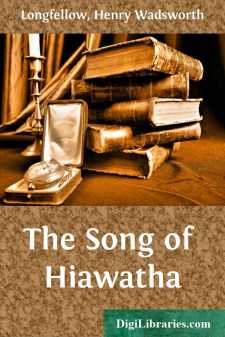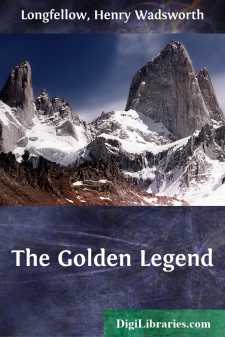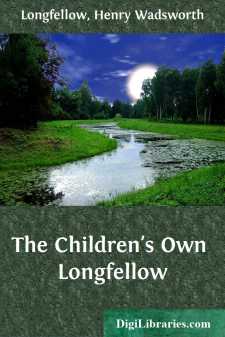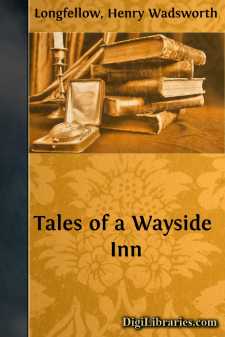Categories
- Antiques & Collectibles 13
- Architecture 36
- Art 48
- Bibles 22
- Biography & Autobiography 813
- Body, Mind & Spirit 142
- Business & Economics 28
- Children's Books 14
- Children's Fiction 11
- Computers 4
- Cooking 94
- Crafts & Hobbies 4
- Drama 346
- Education 46
- Family & Relationships 57
- Fiction 11829
- Games 19
- Gardening 17
- Health & Fitness 34
- History 1377
- House & Home 1
- Humor 147
- Juvenile Fiction 1873
- Juvenile Nonfiction 202
- Language Arts & Disciplines 88
- Law 16
- Literary Collections 686
- Literary Criticism 179
- Mathematics 13
- Medical 41
- Music 40
- Nature 179
- Non-Classifiable 1768
- Performing Arts 7
- Periodicals 1453
- Philosophy 64
- Photography 2
- Poetry 896
- Political Science 203
- Psychology 42
- Reference 154
- Religion 513
- Science 126
- Self-Help 84
- Social Science 81
- Sports & Recreation 34
- Study Aids 3
- Technology & Engineering 59
- Transportation 23
- Travel 463
- True Crime 29
Henry Wadsworth Longfellow
Henry Wadsworth Longfellow was an influential American poet and educator, known for his lyrical and narrative poetry. He authored notable works such as "Paul Revere's Ride," "The Song of Hiawatha," and "Evangeline," which have become classics of American literature. Longfellow's poetry, often characterized by its rhythmic and accessible style, earned him widespread popularity and critical acclaim in the 19th century.
Author's Books:
Sort by:
INTRODUCTION. "Norman's Woe" is the picturesque name of a rocky headland, reef, and islet on the coast of Massachusetts, between Gloucester and Magnolia. The special disaster in which the name originated had long been lost from memory when the poet Longfellow chose the spot as a background for his description of the "Wreck of the Hesperus," and gave it an association that it will...
more...
Richard made an early start that morning in search of employment, and duplicated the failure of the previous day. Nobody wanted him. If nobody wanted him in the village where he was born and bred, a village of counting-rooms and workshops, was any other place likely to need him? He had only one hope, if it could be called a hope; at any rate, he had treated it tenderly as such and kept it for the last....
more...
PART THE FIRST. I IN the Acadian land, on the shores of the Basin of Minas, Distant, secluded, still, the little village of Grand-Pré Lay in the fruitful valley. Vast meadows stretched to the eastward, Giving the village its name, and pasture to flocks without number. Dikes, that the hands of the farmers had raised with labor incessant, Shut out the turbulent tides; but at...
more...
Sail on, O Ship of State!Sail on, O Union, strong and great!Humanity with all its fears,With all the hopes of future years,Is hanging breathless on thy fate!We know what Master laid thy keel,What Workmen wrought thy ribs of steel,Who made each mast, and sail, and rope,What anvils rang, what hammers beat,In what a forge and what a heatWere shaped the anchors of thy hope!Fear not each sudden sound and...
more...
The Song of Hiawatha is based on the legends and stories of many North American Indian tribes, but especially those of the Ojibway Indians of northern Michigan, Wisconsin, and Minnesota. They were collected by Henry Rowe Schoolcraft, the reknowned historian, pioneer explorer, and geologist. He was superintendent of Indian affairs for Michigan from 1836 to 1841. Schoolcraft married Jane,...
more...
INTRODUCTION.Should you ask me, whence these stories?Whence these legends and traditions,With the odors of the forest,With the dew and damp of meadows,With the curling smoke of wigwams,With the rushing of great rivers,With their frequent repetitions,And their wild reverberations,As of thunder in the mountains?10I should answer, I should tell you,"From the forests and the prairies,From the great...
more...
THE CASTLE OF VAUTSBERG ON THE RHINE. A chamber in a tower. PRINCE HENRY, sitting alone, ill and restless. Prince Henry. I cannot sleep! my fervid brainCalls up the vanished Past again,And throws its misty splendors deepInto the pallid realms of sleep!A breath from that far-distant shoreComes freshening ever more and more,And wafts o'er intervening seasSweet odors from the Hesperides!A wind,...
more...
VOICES OF THE NIGHT <Greek poem here—Euripides.> PRELUDE. Pleasant it was, when woods were green, And winds were soft and low,To lie amid some sylvan scene.Where, the long drooping boughs between,Shadows dark and sunlight sheen Alternate come and go; Or where the denser grove receives No sunlight from above,But the dark foliage interweavesIn one unbroken roof of leaves,Underneath whose...
more...
THE WRECK OF THE HESPERUS It was the schooner Hesperus, That sailed the wintry sea;And the skipper had taken his little daughter, To bear him company. Blue were her eyes as the fairy-flax, Her cheeks like the dawn of day,And her bosom white as the hawthorn buds, That ope in the month of May. The skipper he stood beside the helm, His pipe was in his mouth,And he watched how the veering...
more...
THE WAYSIDE INN.One Autumn night, in Sudbury town,Across the meadows bare and brown,The windows of the wayside innGleamed red with fire-light through the leavesOf woodbine, hanging from the eavesTheir crimson curtains rent and thin.As ancient is this hostelryAs any in the land may be,Built in the old Colonial day,When men lived in a grander way,With ampler hospitality;A kind of old Hobgoblin Hall,Now...
more...


